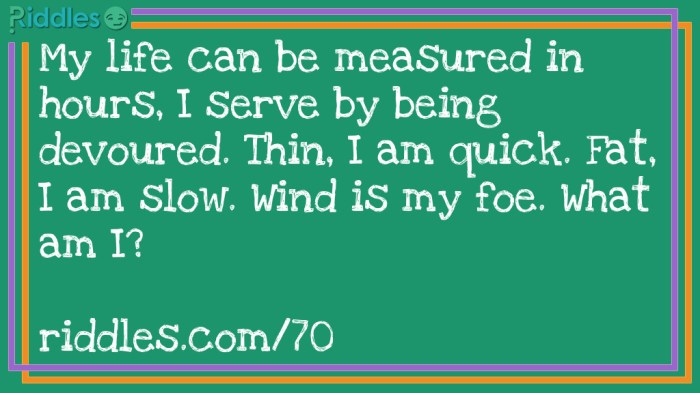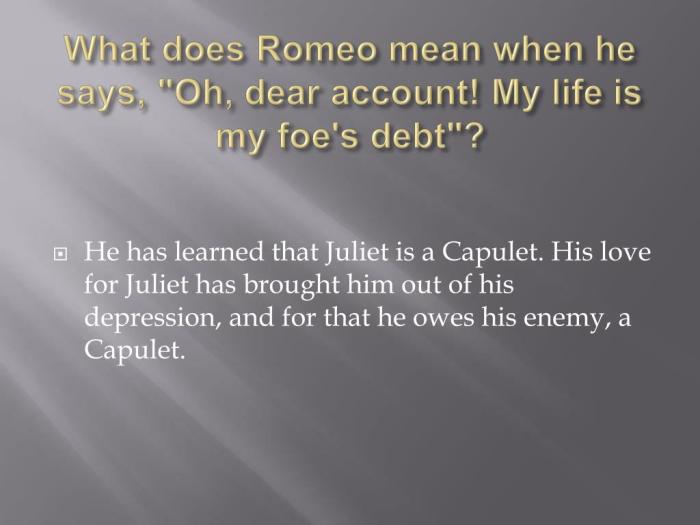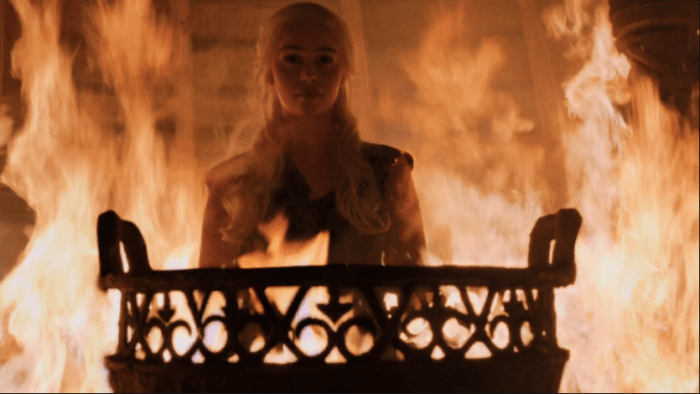With “my life is my foe’s debt” as our enigmatic guide, let’s embark on a literary and philosophical journey that unravels the profound implications of this phrase. We’ll delve into its origins, explore its impact on our psyche, and uncover the artistic expressions that capture its essence.
From ancient myths to modern literature, the idea of life as a debt owed to an enemy has resonated throughout human history. This evocative concept invites us to question our very existence, the nature of our struggles, and the elusive search for meaning amidst adversity.
Personal Interpretation: My Life Is My Foe’s Debt

The phrase “my life is my foe’s debt” can be interpreted in several ways. One interpretation is that our lives are a debt that we owe to those who have wronged us. This could be because we feel that we owe them something in return for the pain they have caused us, or because we feel that we need to make amends for their actions.
Another interpretation is that our lives are a debt that we owe to ourselves. This could be because we feel that we need to make the most of our lives in order to make up for the pain that we have experienced, or because we feel that we need to live our lives to the fullest in order to honor those who have been taken from us.
Significance and Implications
The phrase “my life is my foe’s debt” can have a profound impact on our lives. It can lead us to feel guilty, ashamed, or even worthless. It can also lead us to make poor choices in an attempt to repay our debt.
However, this phrase can also be a source of strength and inspiration. It can remind us that we are not alone in our pain, and that we can overcome anything if we set our minds to it. It can also motivate us to live our lives to the fullest, and to make the most of every opportunity.
Emotional Weight and Personal Experiences
The phrase “my life is my foe’s debt” can carry a great deal of emotional weight. It can be a painful reminder of the past, and it can make it difficult to move on. However, this phrase can also be a source of strength and hope.
It can remind us that we are not alone in our pain, and that we can overcome anything if we set our minds to it. It can also motivate us to live our lives to the fullest, and to make the most of every opportunity.
Literary and Cultural Context

The phrase “my life is my foe’s debt” has a rich history in literature and culture, tracing back to ancient times. It encapsulates the idea that life is a burden or obligation that one must endure, often against their will.
In ancient Greek mythology, the concept of life as a debt is evident in the story of Prometheus. Prometheus stole fire from the gods and gave it to humanity, an act that angered Zeus. As punishment, Zeus chained Prometheus to a rock and sent an eagle to eat his liver every day, only for it to regenerate each night, ensuring his eternal suffering.
Notable Works of Literature
- The Epic of Gilgamesh: In this ancient Mesopotamian epic, the protagonist Gilgamesh embarks on a quest for immortality after the death of his friend Enkidu. His journey leads him to confront the harsh realities of life and the inevitability of death.
- The Book of Job: This biblical text explores the theme of suffering and the question of why good people endure hardship. Job’s unwavering faith in God despite his misfortunes serves as a testament to the enduring power of hope in the face of adversity.
- Hamlet: William Shakespeare’s tragedy features the titular character grappling with the weight of life’s burdens and the futility of existence. Hamlet’s famous “To be or not to be” soliloquy reflects the existential angst and despair that can accompany the realization of life’s fragility.
My life is my foe’s debt, and I’ll be paying it until the day I die. But that’s not all that’s on my mind. I’m also thinking about cis 2 3 dibromo 2 hexene , a chemical compound that I’m studying in chemistry class.
It’s a fascinating substance, and I’m learning a lot about it. But even as I study, I can’t help but think about my life and the debt that I owe. I know that I’ll never be able to repay it, but I’m determined to live my life in a way that will make me proud.
Cultural and Societal Influences, My life is my foe’s debt
The understanding of “my life is my foe’s debt” has been shaped by various cultural and societal influences. In some cultures, life is viewed as a gift to be cherished, while in others, it is seen as a burden or a punishment.
Religious beliefs, philosophical perspectives, and historical events have all contributed to the diverse interpretations of this phrase. For example, in some Eastern religions, life is seen as a cycle of birth, death, and rebirth, with the ultimate goal of achieving enlightenment and liberation from suffering.
Psychological and Philosophical Perspectives

Viewing life as a debt owed to an enemy can have significant psychological implications. It can lead to feelings of guilt, shame, and inadequacy, as individuals may feel they are constantly falling short of expectations and failing to repay their supposed debt.
This perspective can also hinder motivation and purpose, as individuals may feel they are working towards an unachievable goal or that their efforts are ultimately futile.
Existentialism and Nihilism
The perspective of life as a debt owed to an enemy aligns with certain philosophical underpinnings, such as existentialism and nihilism. Existentialism emphasizes the inherent meaninglessness of life and the responsibility of individuals to create their own meaning and purpose.
Viewing life as a debt could be seen as a way of imposing meaning on an otherwise meaningless existence. Nihilism, on the other hand, rejects all forms of meaning and value, suggesting that life is ultimately pointless and that all efforts are ultimately futile.
The perspective of life as a debt owed to an enemy could be seen as a manifestation of this nihilistic worldview.
Impact on Self-Esteem, Motivation, and Purpose
The psychological and philosophical implications of viewing life as a debt owed to an enemy can have a profound impact on self-esteem, motivation, and purpose. Individuals who hold this perspective may have low self-esteem due to the constant sense of failure and inadequacy.
Their motivation may be hindered by the belief that their efforts are ultimately futile, and they may struggle to find purpose and meaning in their lives.
Question Bank
What is the historical context of the phrase “my life is my foe’s debt”?
The phrase has its roots in ancient Greek mythology, specifically the story of Orestes, who was pursued by the Furies for killing his mother. The idea of life as a debt to be paid to one’s enemies emerged from this tale of vengeance and atonement.
How does the phrase “my life is my foe’s debt” relate to existentialism?
Existentialism emphasizes the inherent meaninglessness of life and the importance of creating one’s own meaning. The phrase “my life is my foe’s debt” suggests that life is a burden or obligation that we must confront and shape on our own terms.
What are some artistic expressions that explore the theme of “my life is my foe’s debt”?
Literature, poetry, and film have often grappled with this theme. Notable works include Sophocles’ “Oedipus Rex,” Shakespeare’s “Hamlet,” and Ingmar Bergman’s film “Winter Light.”
